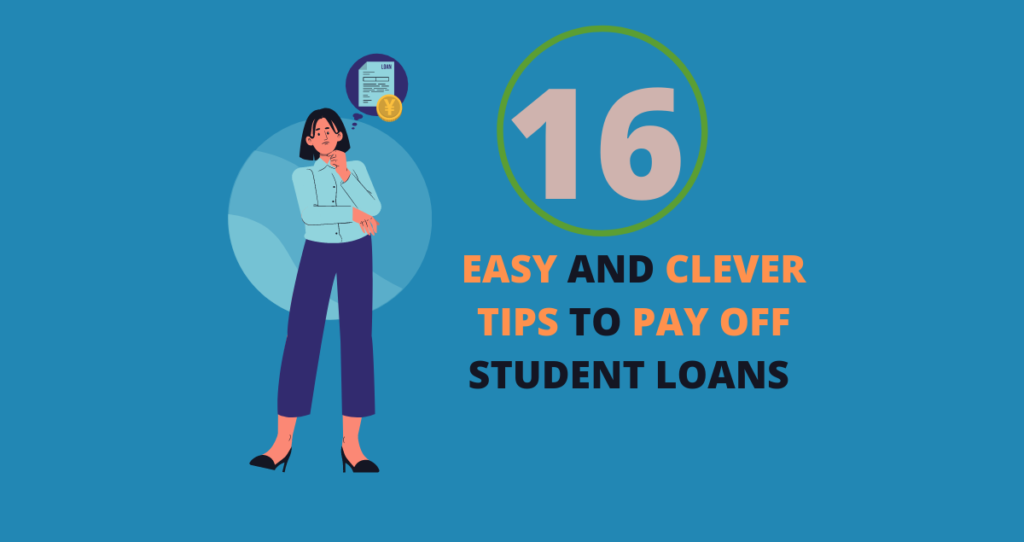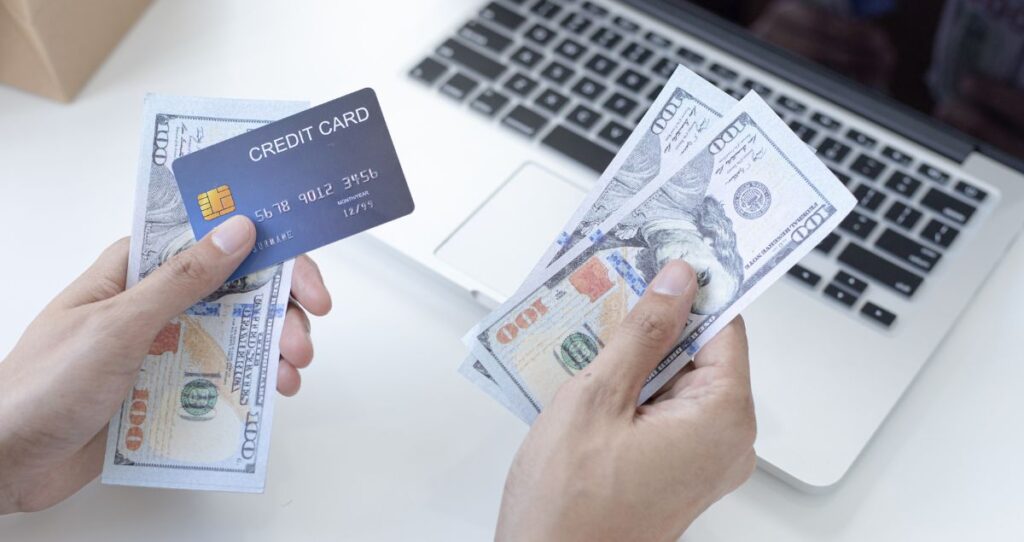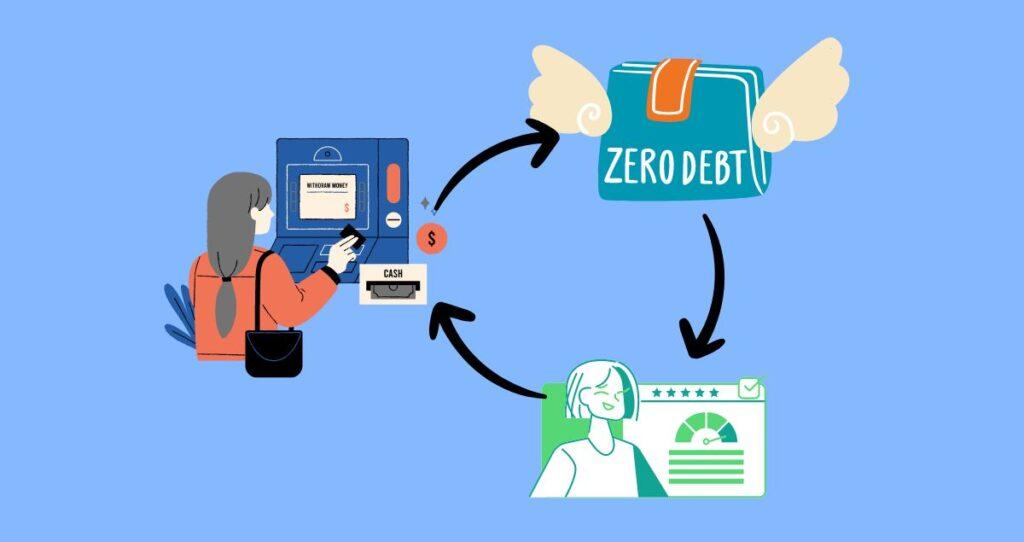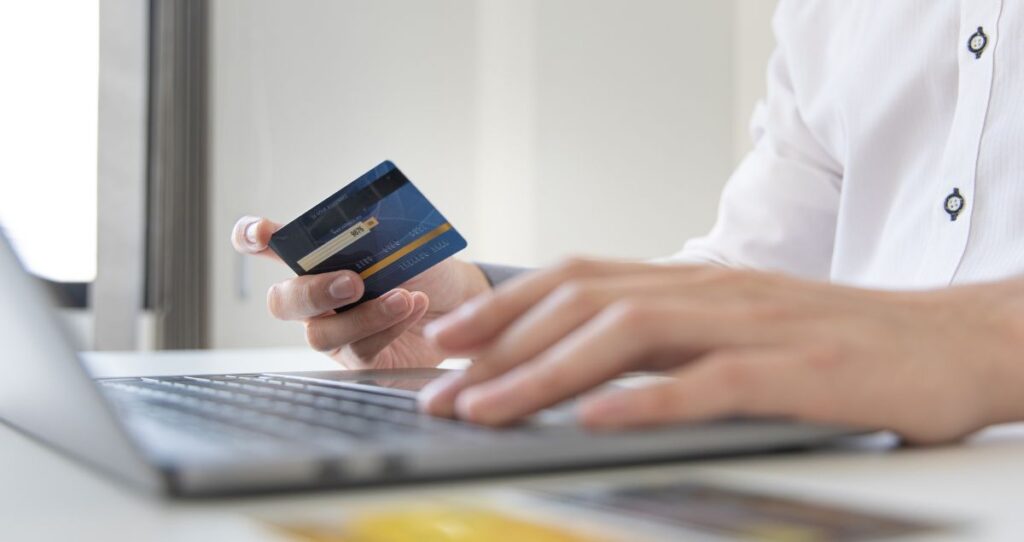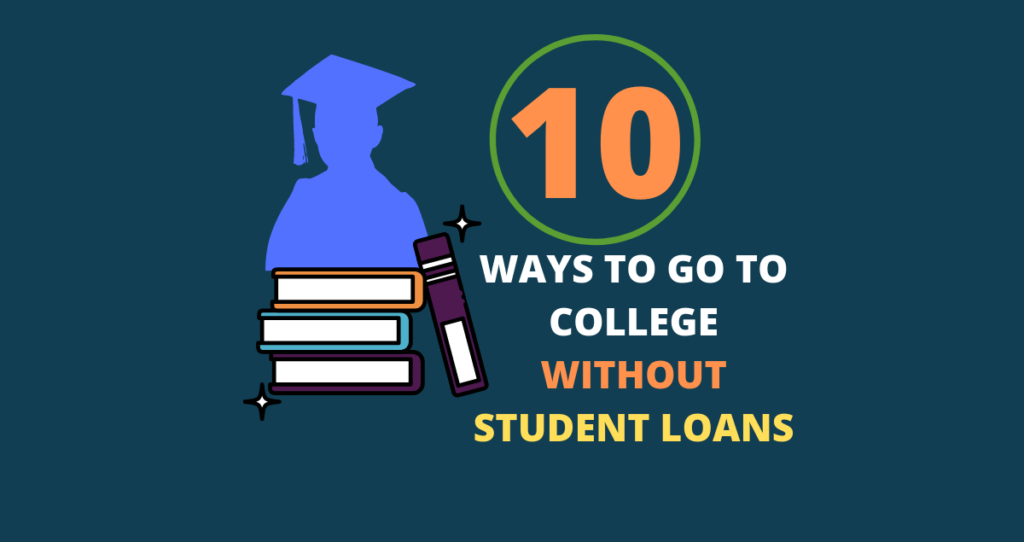Defaulting on a student loan means that you are no longer making payments and meeting the terms of your loan as agreed upon when you signed up. Learn what happens when you default on a student loan and how to minimize the impact of the default and rebuild your credit.
Student loans are some of the most controversial loans currently on the market. Almost everyone has taken a loan for college or knows someone who went to school with student loans. Taking a student loan, however, is easier than paying it off. Millions of people rely on these loans to cover their academic expenses and later fail to pay them off.
According to the data from the Education Data Initiative, at any time, 15% of total student loans are in default. In addition, 11% of newly graduated individuals default on their student loans within the first twelve months of repayment. Borrowing money for school comes with the risk of default. Many people fail to land good-paying jobs after graduation which makes it harder to finance their daily expenses on top of student loan payments. Others choose to ignore their loans altogether hoping that the government will forgive them.
Knowing what happens when you default on your loans helps you devise a plan that protects your finances and minimizes the effect of the loan default on your credit profile.
What does defaulting on a student loan mean?
When you borrow money for school, you sign a contract to repay that loan with the interest after graduation. In a perfect world, everyone should be able to afford to pay off their loans regardless of their financial situation. Unfortunately, many people fail to pay off their student loans due to different reasons.
Loan default means that you are unable to make the required monthly payments on your student loan. Some student loan programs consider your loan to be in default right after missing a scheduled payment. Other programs consider your loan to be in delinquency after missing a payment and in default until quite some time. The time it takes for your student loan to be in default depends on the student program you used.
According to the Federal Student AID, if your loan was made under Federal Family Education Loan Program or William D. Ford Federal Direct Loan Program; your student loan will be considered to be in default when you don’t make payments for at least 270 days. This is pretty much 9 months and a person in this situation is considered to have abandoned the program or simply given up.
Other student loan programs, however, might not wait this long to start considering your loan as a default. For example, loans taken under the Federal Perkins Loan Program might be deemed defaults right after missing a scheduled payment. If you have student loan balances, pay attention to your due dates and make all your scheduled payments before the due dates.
What happens when you default on a student loan?
Whether you have taken a government student loan or a private loan, defaulting on your student can be a nightmare. Matter of fact, once your loan enters default mode, many financial headaches follow. When you default on a student loan, all outstanding balance (unpaid amount) and the accrued interest becomes immediately due. According to The PEW Charitable Trusts, you automatically lose the eligibility of choosing a manageable repayment plan, forbearance, or deferment.
Before your student loan is considered delinquent and eventually in default, some lenders give you a 15 days grace period to make your payment. This grace period starts after the due date of your scheduled payment. When you fail to make your payment during the grace period, your loan is considered delinquent and might be reported to credit reporting bureaus(Equifax, Experian, and TransUnion).
What should you do after a student loan default?
Defaulting on a student loan does not end your struggles. You are still responsible for the outstanding balance on your credit account and things get even worse moving forward. The best thing to do after defaulting on your student loan is to work with the company that informed you about the default. It is always a good idea to come clean and take matters into your own hands.
After 270 days without paying off scheduled payments on your student loan, your loan will be in default. Once you have defaulted on your loan, the government will take a portion of your income in an attempt to recover the loan amount you did not pay off. The government can also hold some or all of your tax return refunds, disability benefits, and social security checks to cover your payments. According to CNBC- Make it, if you have a private student loan, your lender will need a court order before they can hold a portion of your wages.
After 12 months without paying scheduled due balances, the account can be sent to a collection agency. A collection agency is a third-party person or company that attempts to collect the unpaid balance and accrued interest on your student debts. Collection agencies also charge interest and other charges, often expressed as a percentage of the total loan amount.
Does a student loan default affect your credit score?
Student loan default directly affects your credit score and impacts the health of your credit. Student loans have the same impacts as other types of credit accounts such as mortgages, car loans, personal loans, etc. All your student loan activities such as payment history get reported to credit reporting bureaus which then make your credit reports.
Once the default is reported on your credit reports, you will see a big drop in your credit score. Missing a student loan payment can lower your credit score by more than 100 points. According to a report from the Urban Institute, people who default on their student loans usually see a decrease in their credit scores of anywhere between 50 to 90 points within the previous one to two years before the default. After your student loan is confirmed to be in default, your credit score can tank 150 points or more, according to CBS.
In other words, your credit score starts sliding way before your loans go into a default state. This is because any missed or late payments will drop your score by a lot of points even if your debt is not in default yet. The default will lower your credit score even more. The number of points you lose will depend on your credit score and past payment activities.
Consequences of defaulting on a student loan
- The entire loan and accrued interest become due immediately
- You immediately lose eligibility for other government student loan programs
- You might not be eligible to buy or sell assets
- Defaulting on a student loan will lower your credit score and hurt your credit
- The government might hold your tax returns and a portion of your income to cover your loan balance
- Your lender might take you to court
- In case your accounts are sent to a collection agency, you might pay collection fees and charges
- You might lose eligibility to qualify for other loans such as mortgages and car loans
- It will take you many years to recover from the damage of the default and repair your credit
How to recover from a student loan default?
If you recently experience a default on your student loan, you will need to take some serious steps to rebuild your credit score and recover from all negative impacts on your credit. Having a default on your credit reports is one event. Recovering from it is another. The negative impact of default on your credit can take many years to recover from. The default itself will stay on your credit reports for 7 years. But, it does not mean it will take you seven years to recover from this negative item on your credit reports. The effect of the default on your credit score will fade away over time.
So, how to recover from default and build your credit fast?
Many people find it difficult to recover from default and rebuild their credits. The best thing to do is to avoid getting into default in the first place. If you recently experiences a financial setback that landed you in default and destroyed your credit, the following tips can help you recover quickly.
- Work with the company that notified you about the default. As soon as you learn about the default, contact the company that notified you about the default and make arrangements to resolve the matter. You might turn the tide around and prevent the government or your lender from sending your accounts to a collection agency.
- Choose one of the three options. After getting in default, you will have three options: Loan rehabilitation, loan consolidation, or pay in full. With the rehabilitation, you will need to sign an agreement and make 9 successful and consecutive monthly payments for 10 consecutive months. The consolidation process allows you to turn your defaulted student loan into a new one with new terms. If you have the cash, pay it off in full and be done with it.
- Increase your income. After getting in default, the government might start taking a portion of your wages and income in an attempt to recover the balance you did not pay. Your take-home wages will likely go lower once the government starts taking its cut. So, be ready and find another job. An extra income can help you make necessary payments and save you from further financial struggles.
- If you have other debts, make your payments on time. It is possible that you are in default due to the accumulation of many debts. If this is the case, make all necessary payments on time on your active debts. Missing another repayment will only make your problem much worse.
- Focus on rebuilding your credit. Since defaulted loans will stay on your credit reports for 7 years and knock off a lot of points from your credit score; you must focus your attention on rebuilding your credit. You need to meet all financial obligations related to all of your credit accounts and make financially sound decisions. That is you need to put an end to excessive borrowing and focus on paying off your existing debts.
You might also like: 16 tips to pay off student loans
How to go to school without student loans?
Although student loans are very important and easy to qualify for; you don’t have to borrow money to go to school. Millions of people borrow dozens of thousands in student loans, graduate without jobs, and default on their loans. If you don’t want to end up in the same situation, consider other alternatives. There are many programs that you qualify for such as grants, scholarships, assistantships, etc. that help students by covering a portion of the tuition or the entire program costs.
Use the following tips to lower your college expenses and avoid student loans.
- Increase your GPA. Many universities and colleges have programs that support bright students with good GPAs.
- Pay with cash. If you have enough cash, consider paying with your own cash instead of borrowing. Some people choose to work during the break or take off a semester so that they can make money for school. Consider this option if you want to avoid student loans.
- Take advantage of scholarships. Your university/college has some scholarships. Do your research and apply to all scholarships you qualify for.
- Get assistantships(Teaching assistantship/Research assistantship). Assistantships usually cover your tuition and sometimes insurance. The easiest way to qualify for assistantships, however, is to have a good GPA.
- Apply for government grants. Although the government provides support through student loans, there are also other government programs you can apply for. The most common program is the financial aid you apply for by submitting your FAFSA form.
- Apply for work-study. Work study is an effective way to get some of your tuition paid by the government while going to school.
- Go to a community college. Community colleges are much cheaper and offer great programs. Instead of going to your favorite college directly, take some credits from a community college to lower the cost of your education.
- Go to in-state schools. Out-of-state schools cost more money per credit. If you are paying for your own school, it would make sense to go where you pay less money for every credit you take. That is why you should attend in-state schools.
The bottom line
Having a student loan means that you are financially liable for paying it off together with the interest. When you cannot pay off the scheduled balances on time, your student loan becomes gets into default and the entire loan becomes automatically due. The government will then attempt to collect unpaid balances by holding a portion of your income, your tax returns, etc. Your credit will also be in danger when your account goes into default. It is crucial that you make scheduled payments on time to avoid defaulting on your student loan. This strategy will protect the health of your credit and allow you access to many other financial products such as car loans and mortgages.


